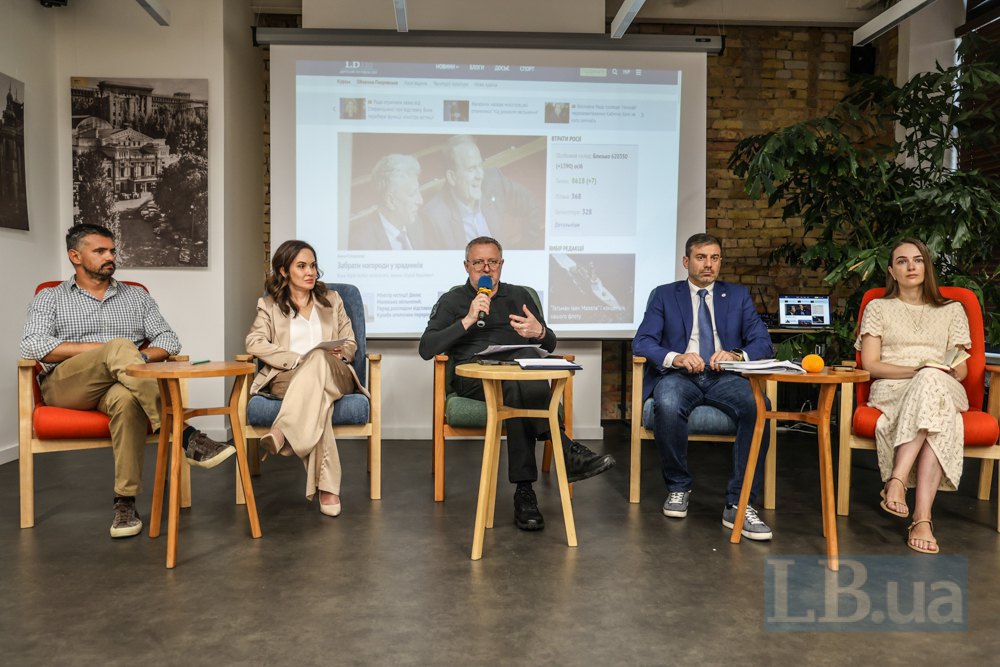
Ratification of the Rome Statute
It took Ukraine 24 years to ratify the Rome Statute, and when President Volodymyr Zelenskyy submitted the document to the Verkhovna Rada, he faced opposition not only from the military (who thought that without ratification, the ICC could not prosecute Ukrainian citizens for war crimes) but also from MPs (who thought the same), said Iryna Mudra, Deputy Head of the Presidential Office.
"Since the beginning of the full-scale invasion, the military has been fed false narratives about ratification and has not explained what exactly the ratification of the Rome Statute means after we accepted full jurisdiction in 2014-2015 with two statements by the Verkhovna Rada. And this jurisdiction of the International Criminal Court has been extended to the country since 21 November 2013... By explaining to both the leadership and the military that this jurisdiction applied to the military even before ratification and that all our military were at risk of prosecution, we were able to remove most of these concerns," Mudra said.
The military also did not know, she adds, that the ICC does not accept lawsuits, it is a documentary court that conducts its own investigations, and only if the national justice system is unable, unable or unwilling to investigate crimes.
"We see how the ICC works. For more than 20 years now, they have been bringing senior military leaders to justice. It would be a very unusual situation if any soldier or private could be brought to justice. Even when we studied the list of those who could be held accountable for the crime of aggression through a special tribunal, we realised that the largest list of people is about 20. That is, the highest political and military leadership, in the case of the ICC - for war crimes, crimes against humanity, and the crime of genocide. The generals," said Iryna Mudra.
In order to reach a compromise with the military, Ukraine used Article 124 of the Rome Statute, according to which the ICC's jurisdiction does not apply to citizens of a state that ratifies the Rome Statute for seven years.
However, according to human rights activist and Nobel laureate Oleksandra Matviychuk, this article should be cancelled, as the ICC is not interested in ordinary military personnel, and the non-extension of jurisdiction to Ukrainian citizens may make it difficult for the International Criminal Court to prosecute officials of the occupation administrations who have Ukrainian citizenship but who have been carrying out direct orders from the Russian authorities.
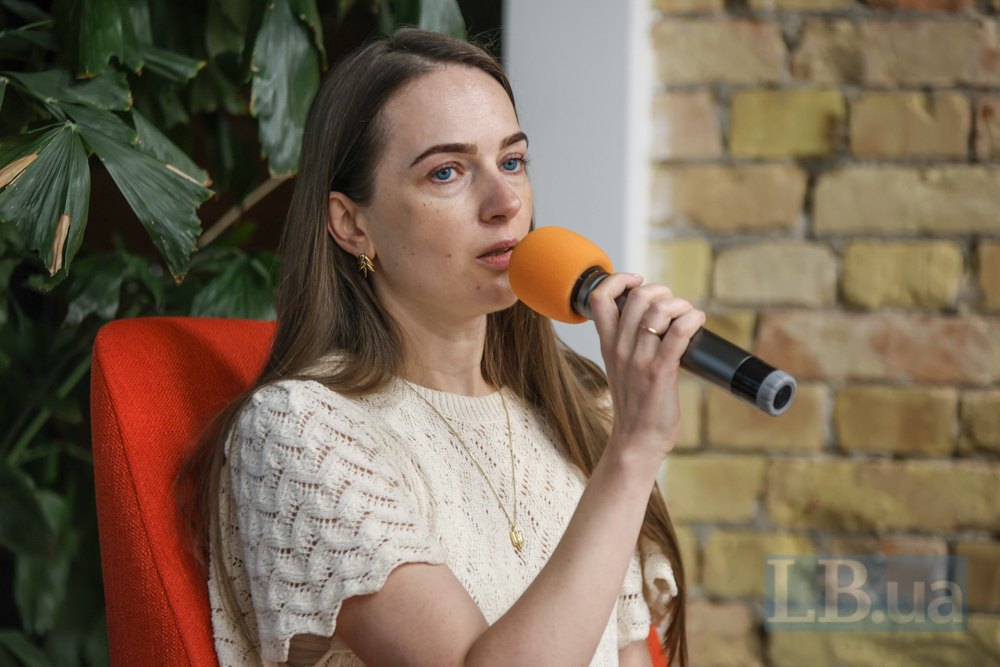
In general, the human rights activist calls the ratification of the Rome Statute a historically important event. "It shows that the Ukrainian state accepts as an axiom that mass violence is not tolerated," the human rights activist notes. "As it was during Euromaidan, when the authorities persecuted peaceful protests, and people who were beaten, arrested, and tortured were accused of trumped-up criminal cases.
In addition, Matviychuk added, until a special tribunal on Russia is established, "the International Criminal Court is the only opportunity for us to overcome the immunities of Putin and other members of the trio [Russian President Vladimir Putin, Prime Minister Mikhail Mishustin and Foreign Minister Sergei Lavrov] that they have under international law and bring them to justice.
Ihor Liski, a businessman and chairman of the supervisory board of EFI Group, also considers the ratification of the statute to be Ukraine's civilisational choice.
"We have to understand that we are adopting the Rome Statute primarily for ourselves. We are adopting it as a society. So that there will never be any fears in Ukrainian society that we will one day become a dictatorship and that this could be used against Ukrainian society. This is a fuse for ourselves... This is a choice. One of the things we are fighting for. Part of our values that we document, that we sign. We had to do this. Because by demanding Putin's arrest, we have to develop ourselves," the businessman said.
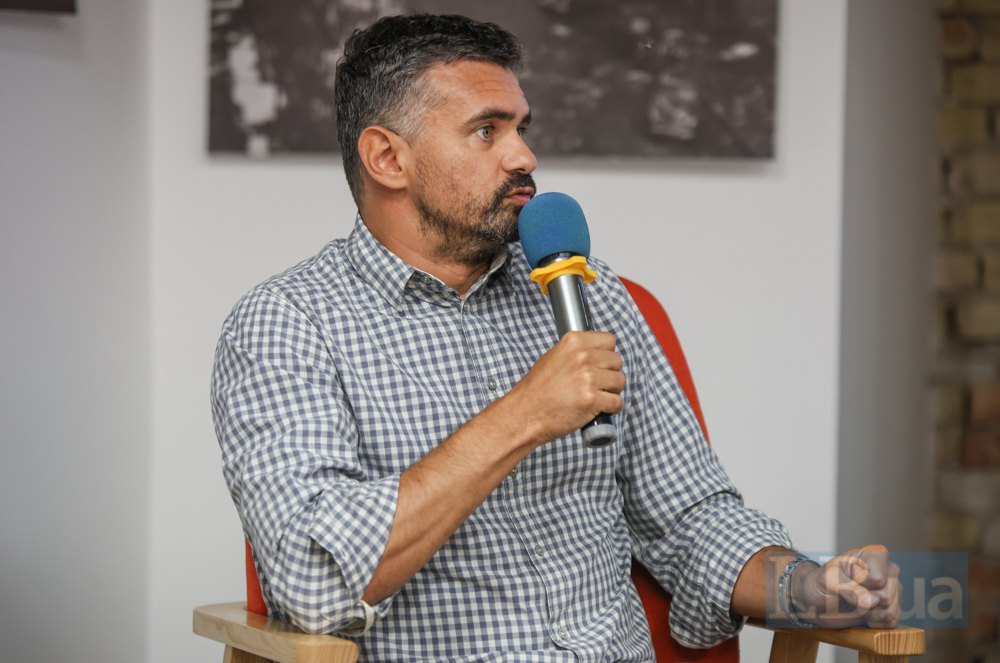
The ratification made Ukraine a full-fledged member of the ICC family, said Prosecutor General Andriy Kostin. Previously, we had only statutory obligations, but now we have received rights.
"From now on, Ukraine can take part in decision-making on the work of the ICC, and also has access to the ICC mechanisms, which, among other things, provide support and compensation to victims," the Prosecutor General said.
What does ratification entail?
According to Iryna Mudra, Deputy Head of the Presidential Office, Ukraine will have the right to delegate its judge to the ICC as early as 2026. And the experience gained by the country in investigating war crimes is invaluable and definitely needed by the ICC, so Ukraine has every chance of being elected.
We also have the opportunity to delegate a candidate for elected positions, such as the ICC prosecutor.
As a full member of the Assembly, Ukraine can influence the prioritisation and formation of the ICC budget, and the allocation of the necessary budget for the investigation of war crimes in Ukraine.
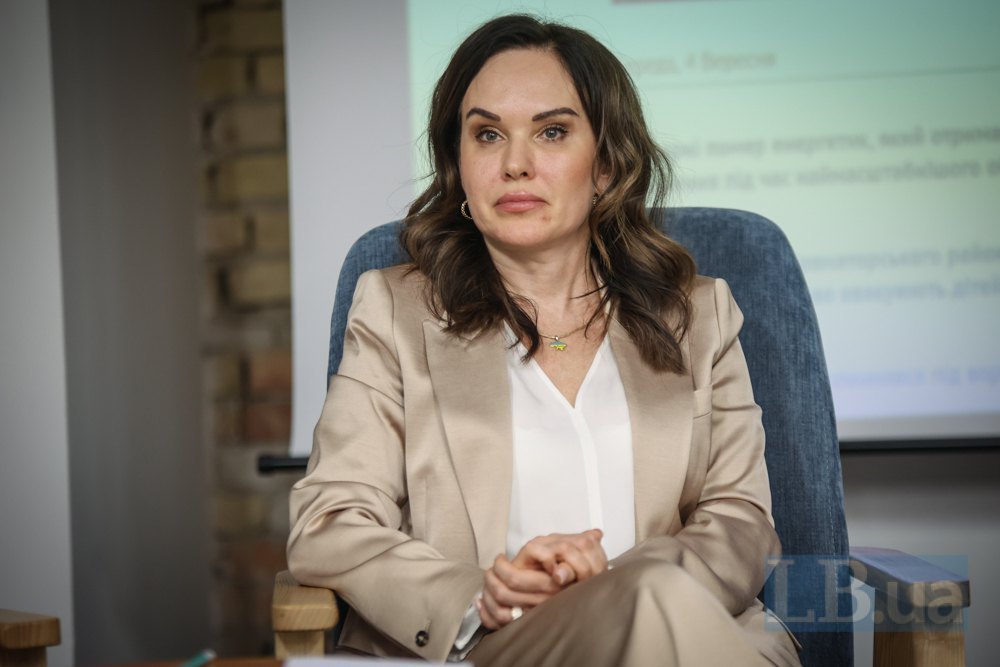
"When we talk about why so few arrest warrants are issued and prosecuted, it all rests on the budget, and everything needs funding. Therefore, with such a strong voice in the Association of the Assembly of the Parties, we will voice this voice," said Mudra.
In addition, access to the ICC trust fund is important in the context of compensation for victims, and the ICC has such cases.
What Putin's visit to Mongolia means for international justice. What Ukraine should do
Kremlin leader Vladimir Putin visited Mongolia on 3 September. The latter, a ratifier of the Rome Statute, was supposed to arrest the Russian president - the International Criminal Court issued the relevant warrant in March 2023. But Mongolia did not do so.
According to Dmytro Lubinets, the Verkhovna Rada Commissioner for Human Rights, Putin deliberately demonstrated once again that the international law system does not work.
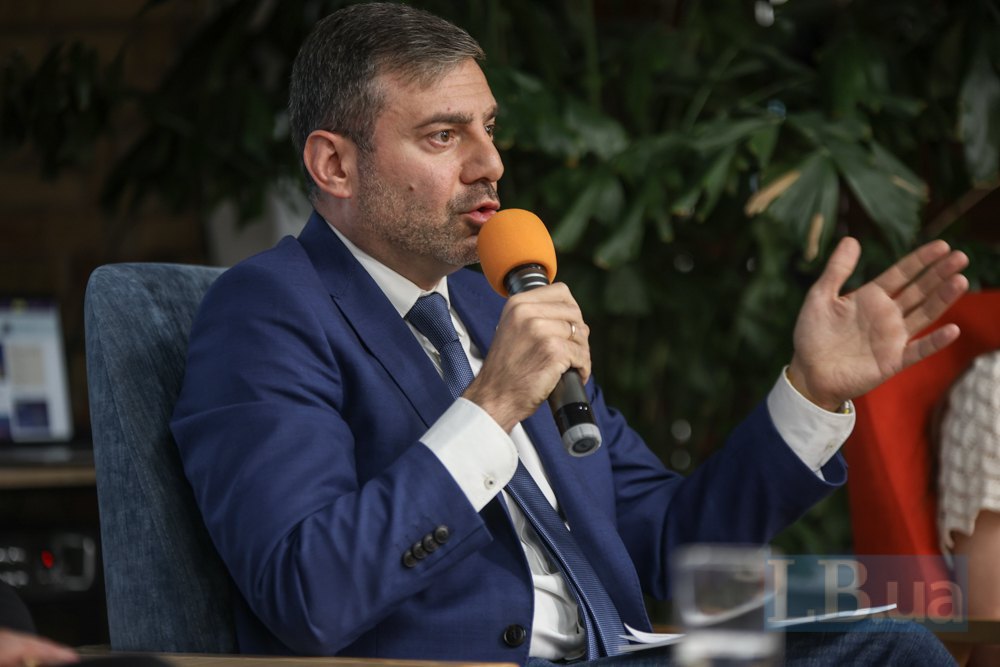
"Can he go to Brazil [for the G20 summit]? Yes, he can. I observe this on international platforms, when we, the representatives of Ukraine, are constantly being told that you have to sit down at the negotiating table. We have to create conditions for you to agree on something with them," Lubinets said.
Prosecutor General Andriy Kostin also considers the Russian president's move a blow to the system of international criminal law, but urged not to make a tragedy of it. Kostin believes that Mongolia was not chosen by chance, as it is a weak country with a low level of democracy and is dependent on Russia.
He recalled a similar situation with Putin's visit to South Africa last year, which was prevented.
"It was a complicated job, I can't tell you everything, a lot of tools were involved, even the visit of the President of South Africa, Cyril Ramaphosa... There is democracy in South Africa and a certain opposition. This opposition was very vocal... Brazil also has a democracy. The judicial system there is quite strong, so there are absolutely significant risks [for Putin to be arrested]," the prosecutor general said.
He was supported by a representative of the Presidential Office, Iryna Mudra, who noted that it is not easy for Putin to ignore an arrest warrant issued by the ICC.
"How many countries has Putin visited since the warrants were issued? Three. Mongolia, Azerbaijan and the Emirates. Still, the warrants remain in force. Putin is afraid to go even to the countries of the Global South, Latin America. And the international community must now consolidate all efforts to prevent this from happening," Mudra said.
Putin's visit to Mongolia is not the only blow to the young field of international criminal justice, said human rights activist Oleksandra Matviychuk. She recalled Sudanese President Omar al-Bashir, who visited Darfur, Djibouti, Kenya, South Africa, and Jordan within 10 years of the genocide warrant.
"So this happens, and it's a matter of reaction. Perhaps a visit to Mongolia is not so important, but a visit to the G20 in Brazil is very important for Putin's image.
And we need to set a precedent that the country will be punished for breaching its obligations to the court," she stressed.
"The International Criminal Court may turn to the UN Security Council, which does not make much sense because Russia has a veto there... But these issues should be raised in December at the General Assembly of the International Criminal Court," the human rights activist said.
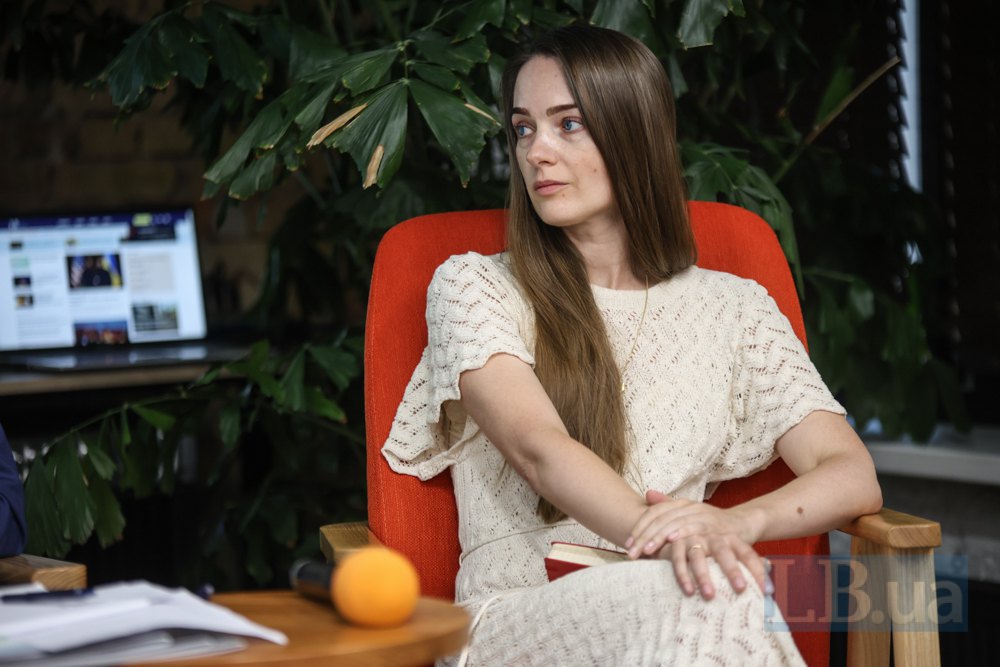
But to do so, said Anton Korynevych, Ambassador at Large of the Ministry of Foreign Affairs of Ukraine, Ukraine must vote for the association law 11484, which amends the Criminal Code and the Criminal Procedure Code of Ukraine in connection with the ratification of the Rome Statute, because legally we are not yet in the ICC.
"Ukraine should vote it as soon as possible. Because from that moment on, 60 days will be counted down and Ukraine can be fully represented at the Assembly of States Parties to the Rome Statute from 2 to 8 December, where Ukraine will speak with its own voice, not by asking anyone, about Mongolia's responsibility for what it has done," Korynevych said.
He also called for not making a serious issue out of Mongolia's case: "By diplomatic means, we are fully ensuring that Mongolia feels fully responsible for the step it has taken."
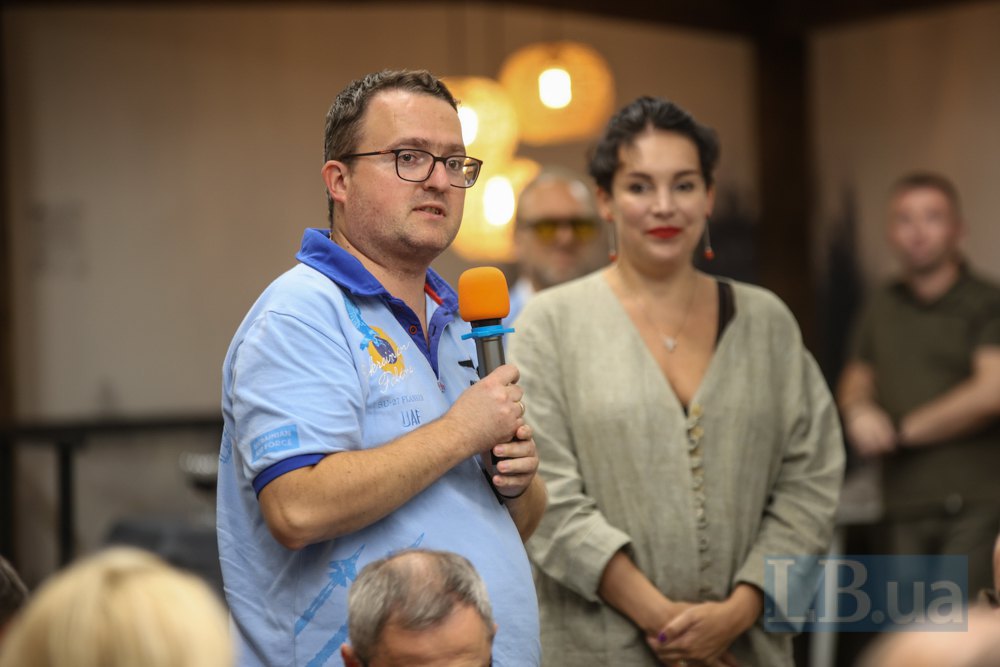
In addition, Oleksandra Matviychuk added, it is possible to remind the European Union, for example, that it has certain agreements with Mongolia that include a human rights clause and obligations to the International Criminal Court. Therefore, the EU could suspend certain programmes of material and technical assistance to Mongolia for a demonstrable breach of obligations.
Summing up this block, Prosecutor General Andriy Kostin stressed that Ukraine's task today is to record all of Russia's crimes as much as possible and prepare cases for trial. After all, when lawyers in the former Yugoslavia were documenting Milosevic's possible crimes, they could not imagine that he would end up in the dock in The Hague - but he did.
"Who knows how, when and how this war will end. Who knows what will happen to Putin if he takes the risk of coming to a country that will even provide guarantees, but something doesn't work. We have to be ready, and that's the main thing," Kostin said.
And cases like Mongolia, he added, show that Ukraine has to initiate changes domestically and internationally, and it ‘has already become a catalyst for many changes.’
How Ukraine is changing the global justice architecture
Today, Ukraine is trying to win not only on the battlefield, but also in the courts - national and international. Each such step, each victory is of great importance for achieving a general victory, said Prosecutor General Andriy Kostin.
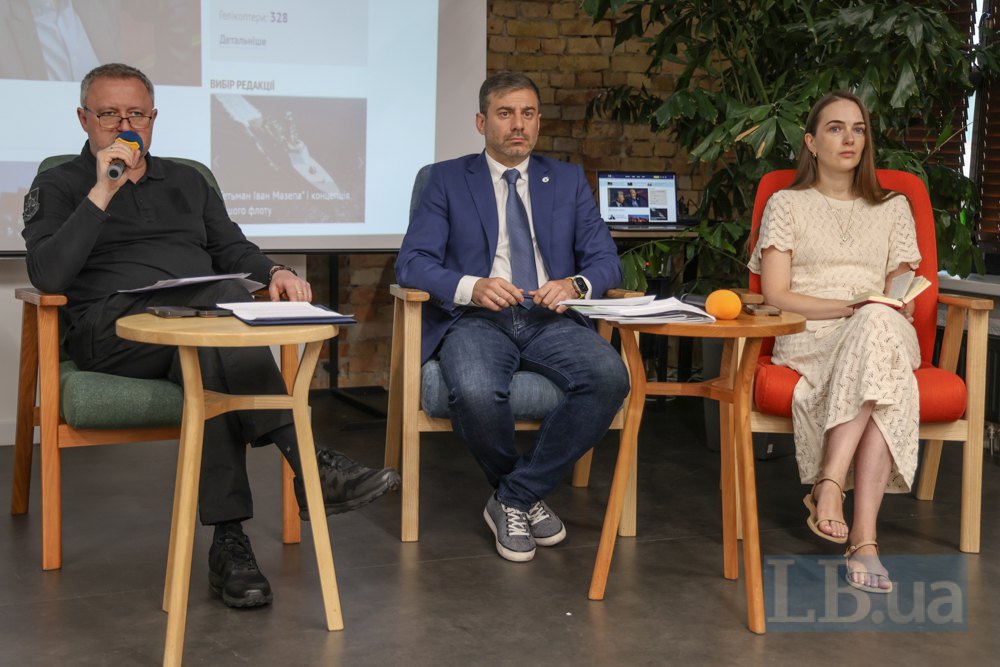
Among such efforts, he mentioned, first of all, the work on the creation of a special tribunal for the crime of aggression. Ukraine was the first country since the Second World War to raise the issue of punishing the crime of aggression.
‘At the beginning of the full-scale invasion, our partners did not seriously consider the idea of establishing an international tribunal for the crime of aggression. Today, an international coordination group of more than 40 countries is working on this,’ Kostin said.
‘The crime of aggression - as the main one, as the first one - is the cause of all other war crimes. Therefore, the absence of a mechanism for punishing the crime of aggression actually enables people like Putin to launch aggressive wars that lead to tragedies for civilians,’ Kostin added.
Eurojust has also established the International Centre for the Prosecution of the Crime of Aggression, which employs 16 prosecutors from six countries, including the United States of America. These prosecutors not only collect evidence, they actually ‘build future cases’ for the tribunal, said the head of the Prosecutor General's Office.
A group of prosecutors has been set up at the International Criminal Court, which has already resulted in six arrest warrants for the Russian leadership.
‘It took five months of work by our prosecutors, investigators and the ICC team to prepare this case to the point where the ICC issued an arrest warrant. This is an unprecedented speed of work. That is, we are changing, among other things, the ICC's approach to its own role in the system,’ the Prosecutor General said.
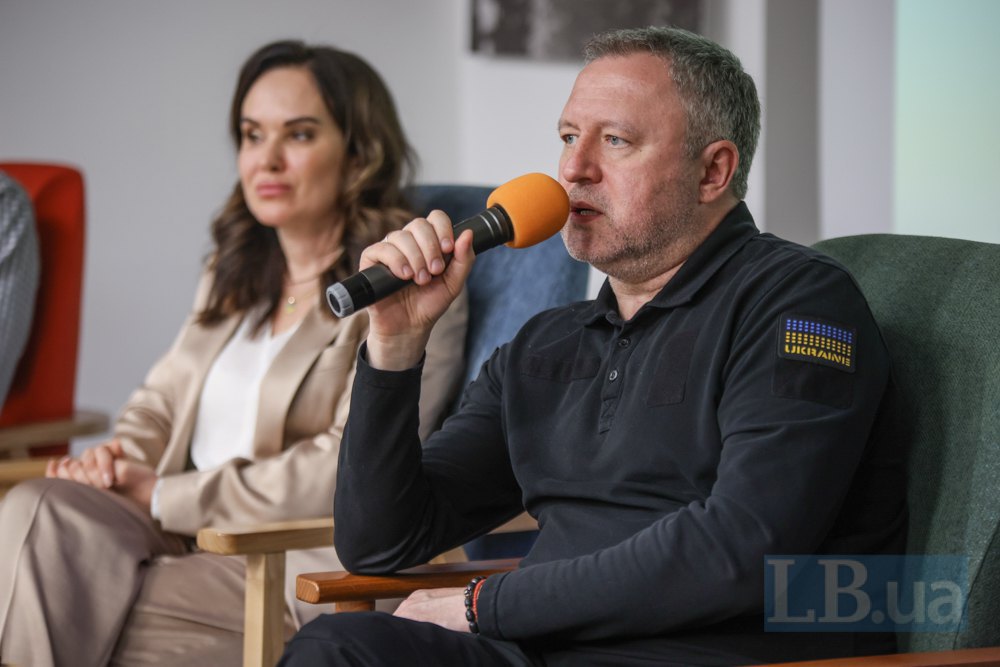
In addition to the creation of the special tribunal, Ukraine is actively engaging foreign partners in the investigation of war crimes. According to Andriy Kostin, Ukraine is currently cooperating with more than 27 countries that have either launched their own investigations or are collecting evidence of crimes committed by Russians.
For example, for the first time in its history, the United States has indicted four potential war criminals for torture and inhuman treatment of a civilian citizen of the United States who was in the Kherson Region at the time of the full-scale invasion. And following the work of a joint investigation team consisting of seven countries under the auspices of Eurojust, three potential criminals were charged with the murder of a well-known Lithuanian film director in Mariupol.
In addition, the Prosecutor General announced the launch of a war crimes investigation in the first country of the Global South, calling it ‘a powerful signal to Russia’.
All the elements of holding Russia accountable are included in paragraph 7 of the peace formula, and 75 countries have already joined the implementation of this paragraph, Kostin noted.
It is President Volodymyr Zelenskyy's peace formula that Dmytro Lubinets, the Ukrainian Parliament Commissioner for Human Rights, considers the best response to the inertia of international organisations when Russians destroy Ukrainian cities, abduct children, abuse civilians and prisoners of war, and blatantly violate the Geneva Convention.
‘Point four is the return of all illegally detained and deported Ukrainian citizens from the territory of the Russian Federation,’ Lubinets reminded. In addition to the piecemeal formula, he also called effective sanctions important and necessary steps.
‘With all due respect to our partners, Iran has been under sanctions for over 30 years. Iran sells its weapons, which Russians use to kill Ukrainians in Ukraine every day. And this will never end unless sanctions are really effective to completely stop economic activity with a particular country in a short time,’ Lubinets said.
Another step is the total exclusion of Russians from all international organisations. For his part, the ombudsman says that Russia has already been expelled from three of the world's largest ombudsman organisations, and two more will be expelled completely early next year.
Dmytro Lubinets also believes that it is imperative to introduce a section of responsibility in the international law system - ‘a clear transparent toolkit on what countries that have independently committed themselves to implementing international humanitarian law will do in relation to a country that violates such international humanitarian law’.
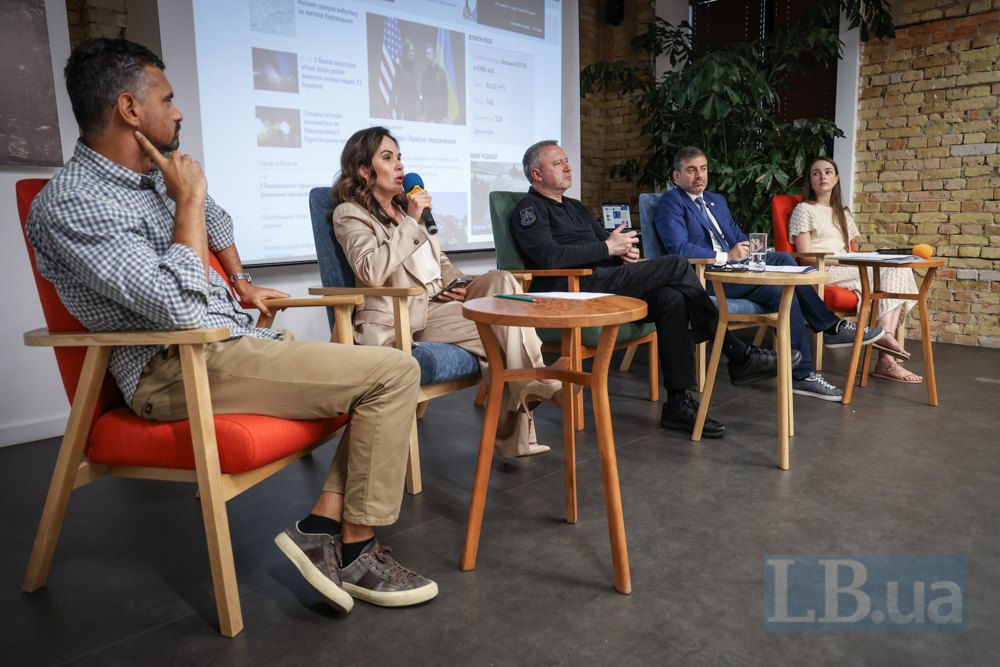
For her part, Iryna Mudra, a representative of the Office of the President, said that Ukraine is constantly creating, inventing and offering the world some new solutions. As was the case with the UN General Assembly resolution of 14 November 2022 on reparations.
We are also actively working on an international compensation mechanism to pay war victims. It consists of three components:
● International Register of Damages. It has already been launched. However, only for individuals. By the end of the year, 12 more categories, including for businesses, are to be opened. There will be 45 categories in total.
● Compensation Commission. At the stage of creation. The parties have now come to a detailed discussion of the commission's structure, governing bodies and funding principles, Iryna Mudra said.
Compensation Fund. A source of implementation of the commission's decisions. There is currently no agreement among the partners on how to fill it. First of all, it is about the confiscation of Russian assets, but this is not enough.
‘I'll also mention the precedent of Iraq-Kuwait (Iraq paid $52.4 billion in compensation to individuals, companies and governments that proved losses as a result of the 1990 invasion and occupation of Kuwait - Ed.), when a commission was set up and Iraq filled the fund by transferring 30% of its foreign sales. We do not rule out this option either, but first of all, 300 billion of Russian assets should be directed there.
The work is ongoing. Perhaps it is not so public and we do not talk about it every day, but it is definitely ongoing,’ said Mudra.
Summing up the discussion, businessman Ihor Liski stressed how important it is that the state is taking all these steps, seeking justice here and now, without waiting for the war to end. However, he believes that all this needs to be communicated more actively - with Ukrainian society, the societies of other countries, and most importantly, to inform Russians that they will not be spared punishment.
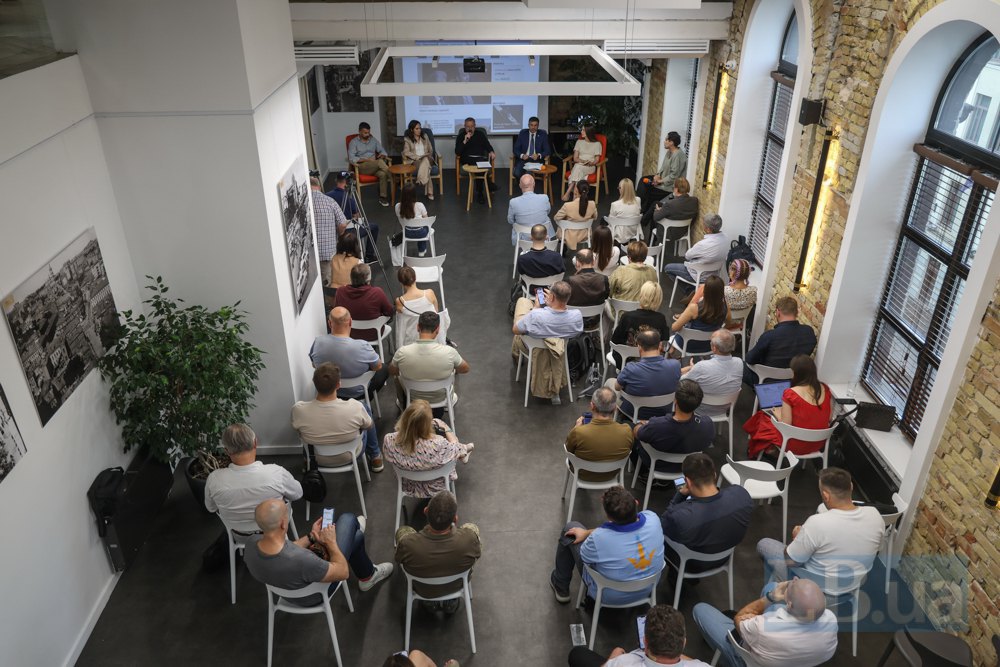
Human rights activist Oleksandra Matviychuk believes that Ukraine is taking the necessary steps to launch legal mechanisms right now.
‘I remember when the first arrest warrant was issued, I listened to Margarita Simonyan with some pleasure. She was hysterical on Russian television, talking to Russian generals. They told her that maybe we should somehow change the tactics of warfare, because we would be next. And she was aggressive, saying how they could think and be afraid of the International Criminal Court, because they should only be afraid of losing this war. This is an influence. This is an influence called a cooling effect on the brutality of violations,’ Oleksandra Matviychuk noted.








